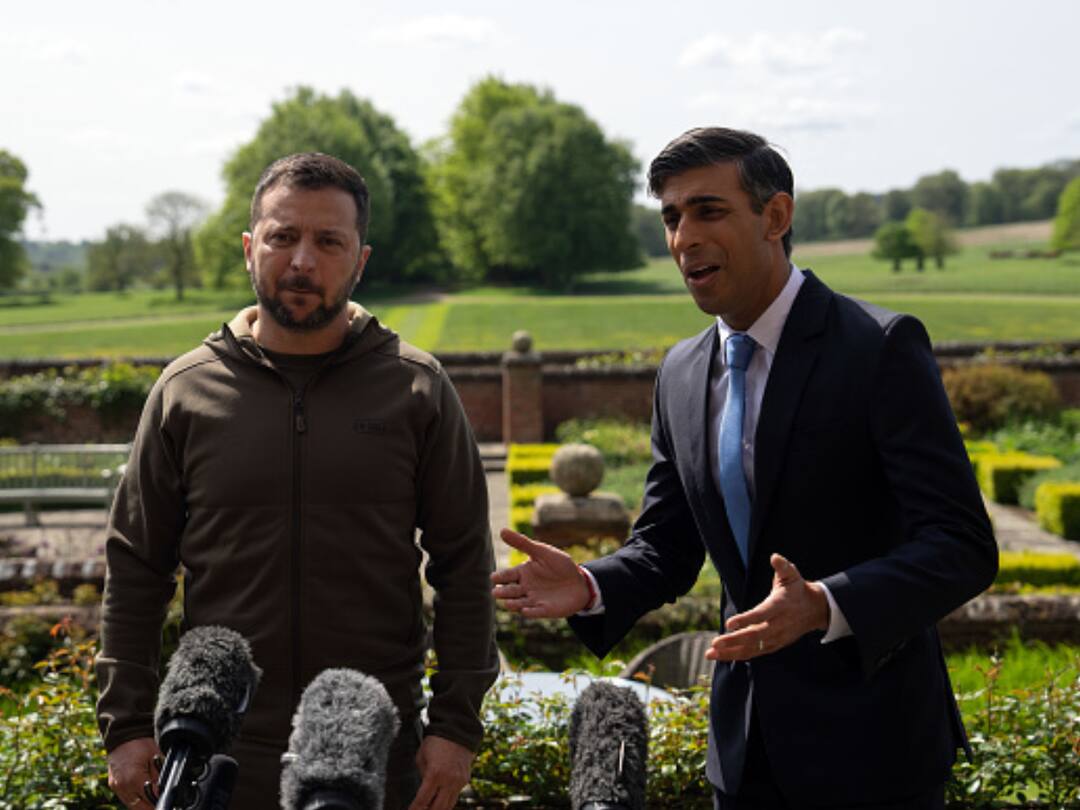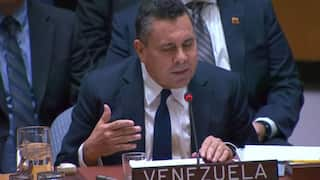UK PM Rishi Sunak Rules Out Cluster Munition Supply To Ukraine After Biden’s ‘Difficult Decision’
Rishi Sunak pointed out that UK was one of the signatories to an international convention that discourages the use and production of cluster munitions.

UK Prime Minister Rishi Sunak has ruled out supplying cluster munition to Ukraine, saying he will press other countries instead to boost their aid to Kyiv “in other ways”. Sunak’s decision came after the Biden administration approved the supply of the widely banned munition to Ukraine which the US President termed as a “difficult decision”. On Saturday, Sunak pointed out that UK was one of the signatories, like France and Germany, to an international convention that discourages the use and production of cluster munitions.
Russia, Ukraine and the US are not among the signatories to the convention.
“We will continue to do our part to support Ukraine against Russia’s illegal and unprovoked invasion. But we’ve done that by providing heavy battle tanks and, most recently, long-range weapons," Sunak said.
"Russia’s act of barbarism is causing untold suffering to millions of people.”
US President Joe Biden defended his decision to send the controversial cluster munitions to Ukraine saying it was a “difficult decision” but Kyiv “needed them”. On Friday, Biden approved the deployment of US cluster bombs to Ukraine, with the weapons being drawn down from Defence Department inventories on Friday. “It was a very difficult decision on my part. And by the way, I discussed this with our allies, I discussed this with our friends up on the Hill,” Biden said in an interview with CNN.
“The Ukrainians are running out of ammunition," he added.
Biden said that the cluster munitions were being sent as a “transition period” until the US is able to produce more 155mm artillery.
Cluster munitions, prohibited by over a 100 countries, typically scatter numerous smaller bomblets over a wide area sometimes as big as a football pitch, and can kill indiscriminately. Those that fail to explode threaten civilians, especially children, for decades after a conflict ends.
Related Video
Punjab News: AAP Leader Shot Dead During Wedding in Amritsar





































